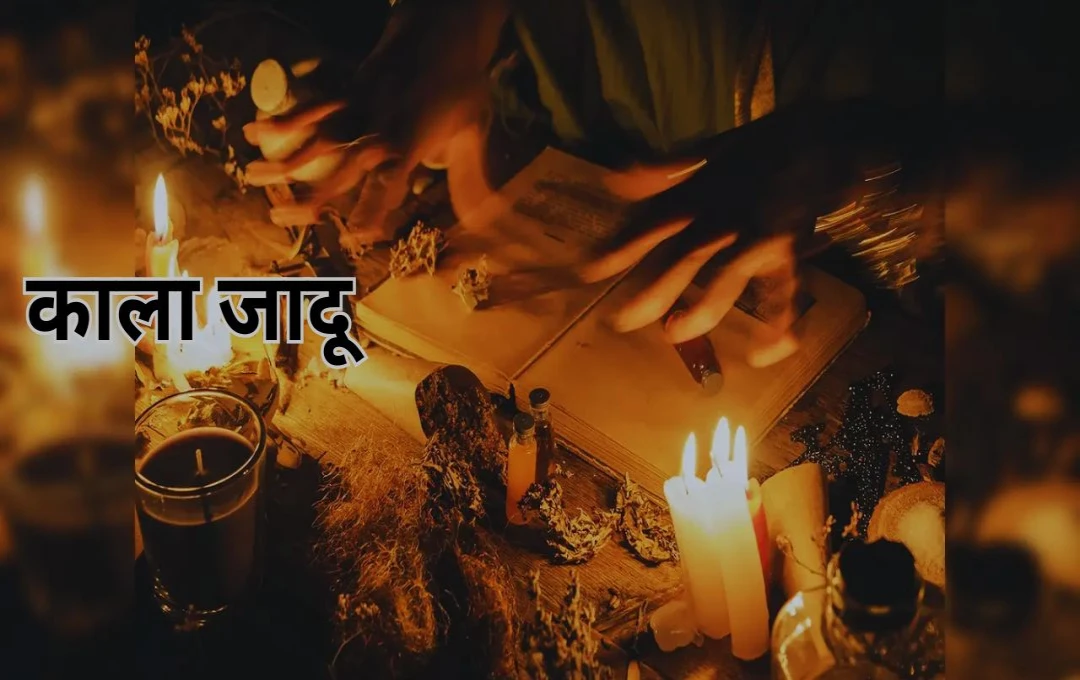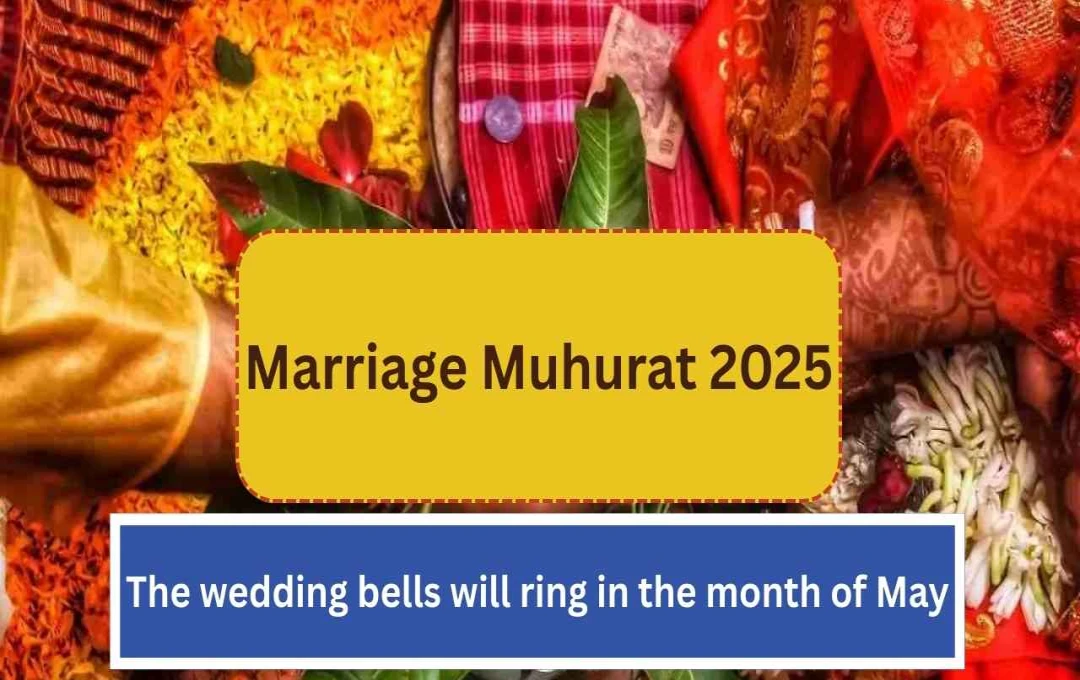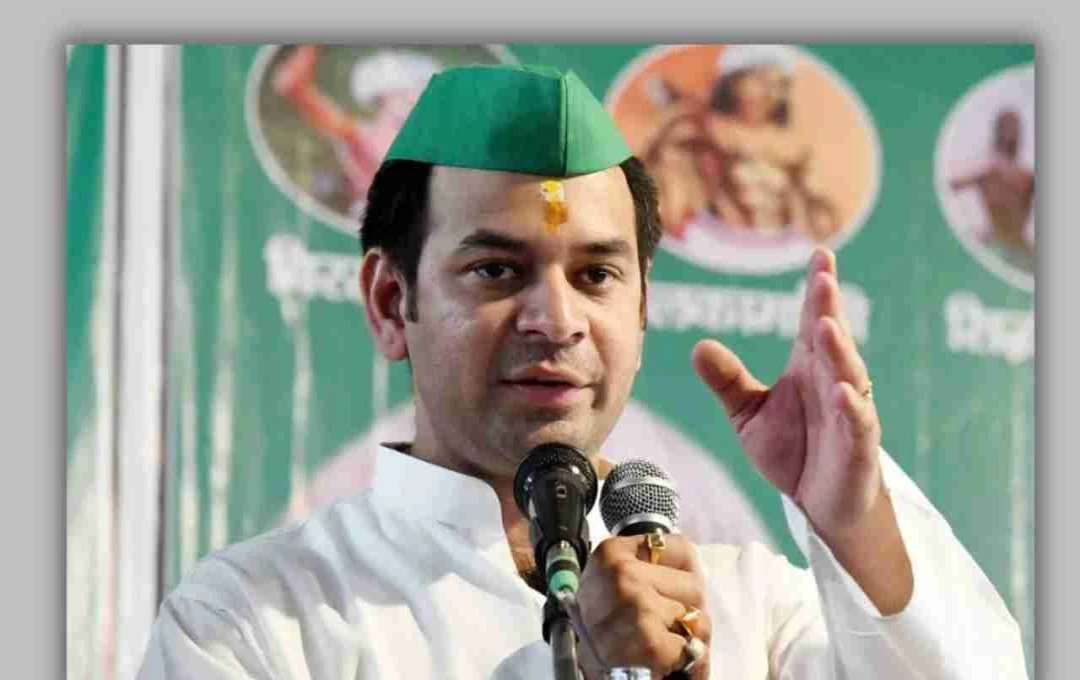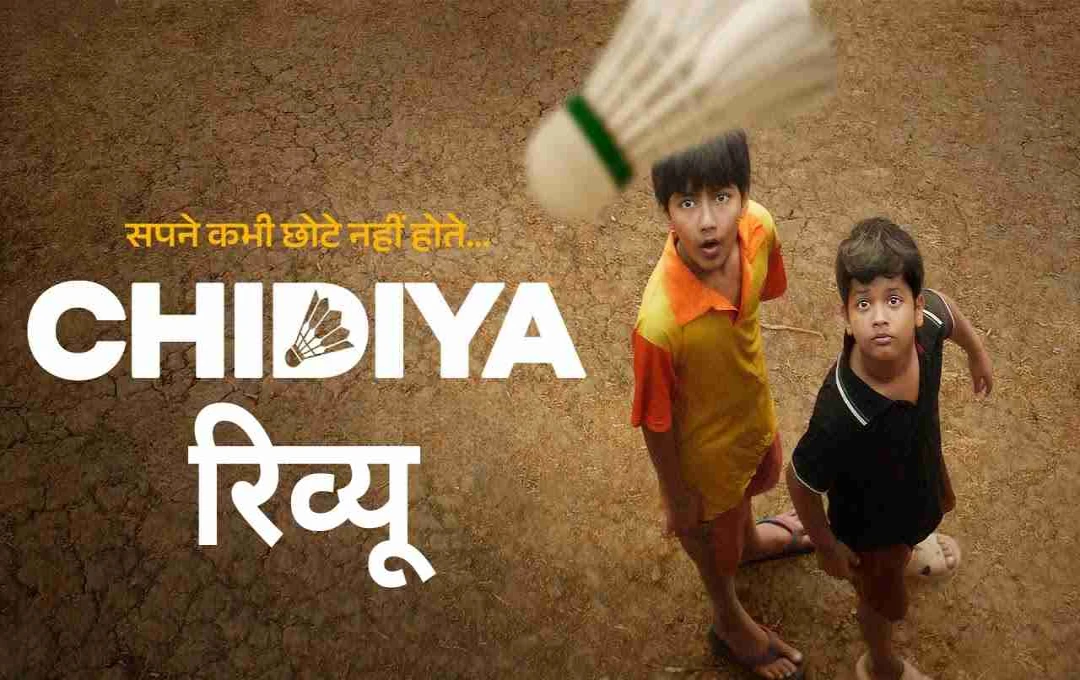In a diverse country like India, where traditions, beliefs, and customs are deeply ingrained in the social fabric, certain malpractices continue to plague society. One such practice is black magic, often referred to as tona-totka or witchcraft. This practice, rooted in superstition, not only misleads people but also often leads to tragedies such as violence, murder, and social ostracism.
What is Black Magic?
Black magic is a practice based on spells and incantations where an individual resorts to secretive, mysterious, and purportedly occult methods to harm, control, or inflict misfortune on another. It is often practiced at night, in secluded places or cremation grounds, based on the belief that certain actions can summon invisible forces to produce desired results.
Although scientifically baseless and entirely founded on superstition, it continues to be believed in by many parts of society.
Black Magic as a Means of Crime
In recent years, incidents in the name of black magic have transcended mere belief and assumed the form of a social crime. According to the National Crime Records Bureau (NCRB) report, between 2013 and 2020, over 900 murders were registered in the name of black magic, witchcraft, and sorcery. The majority of victims were women, children, and the elderly.
Such incidents are common in states like Jharkhand, Odisha, Chhattisgarh, Assam, Madhya Pradesh, and Maharashtra. In some cases, individuals, influenced by practitioners of black magic, have even murdered their own family members.
Legal Framework Related to Black Magic
India lacks a central law specifically addressing black magic, but several states have enacted specific legislation to curb it:
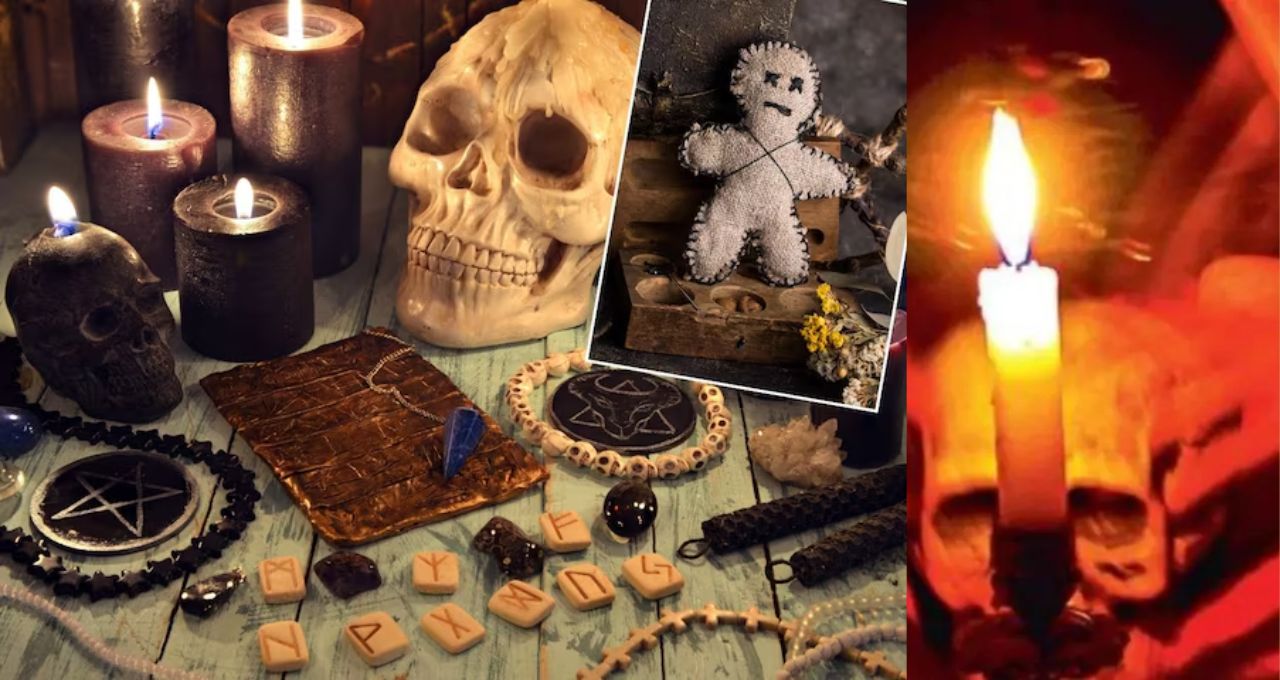
- Maharashtra implemented the “Maharashtra Anti-Superstition Act” in 2013.
- Bihar and Jharkhand enacted laws against witchcraft in 1999 and 2001, respectively.
- Odisha and Rajasthan also have anti-superstition acts.
However, a comprehensive central-level law is yet to be enacted. The 'Prevention of Witch Hunting Bill' was introduced in Parliament in 2016 but remains unenacted.
Judiciary's Initiative
In 2025, the Bombay High Court, while commenting on the Black Magic Act, stated that the law's aim is not to control religious beliefs but to regulate harmful and fraudulent practices that endanger life and health. The court clarified that legitimate religious traditions cannot be suppressed under the guise of this law.
Need for Social Awareness
Black magic cannot be eradicated solely through legal means. Widespread social awareness is crucial. Education, a scientific approach, and the role of media can be instrumental.
- Dissemination of Education: School curricula should incorporate scientific thinking and anti-superstition subjects.
- Identification and Monitoring of Practitioners: The administration should take strict action against those defrauding people in the name of spells and incantations.
- Public Dialogue and Media: It is essential to spread awareness in rural areas through radio, television, and social media.

Black magic is not merely a superstition but a social challenge that victimizes vulnerable sections of society. It is a significant cause of violence against women, the elderly, and children. Therefore, it is essential that society collectively promotes scientific thinking, strictly enforces the law, and eradicates this practice from its roots.
If the evils associated with black magic are not curbed in time, it will not only weaken the social fabric but will also become a major cause of human rights violations.
